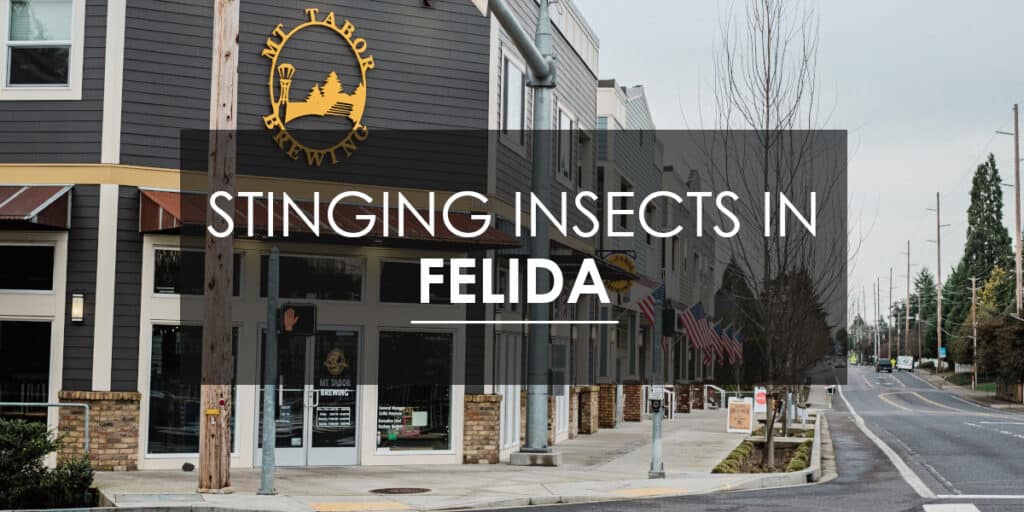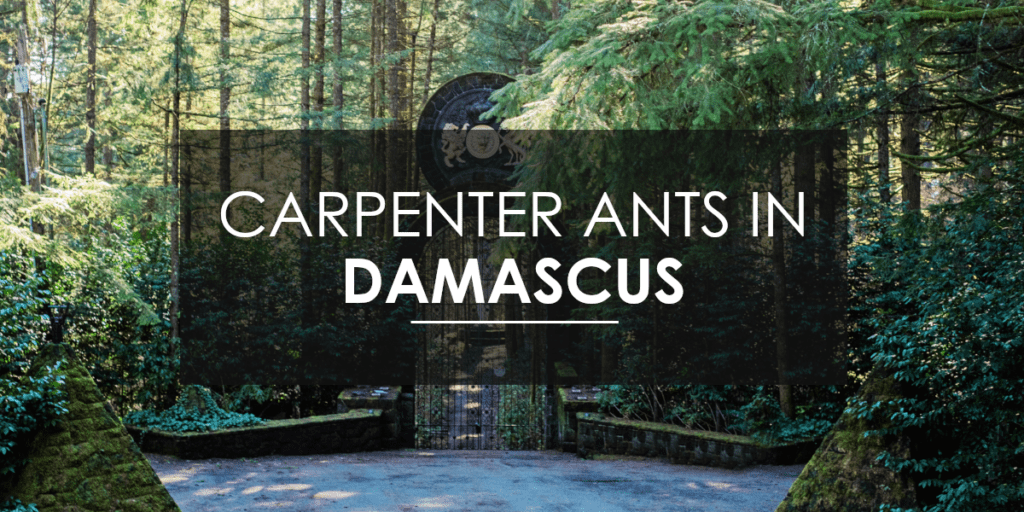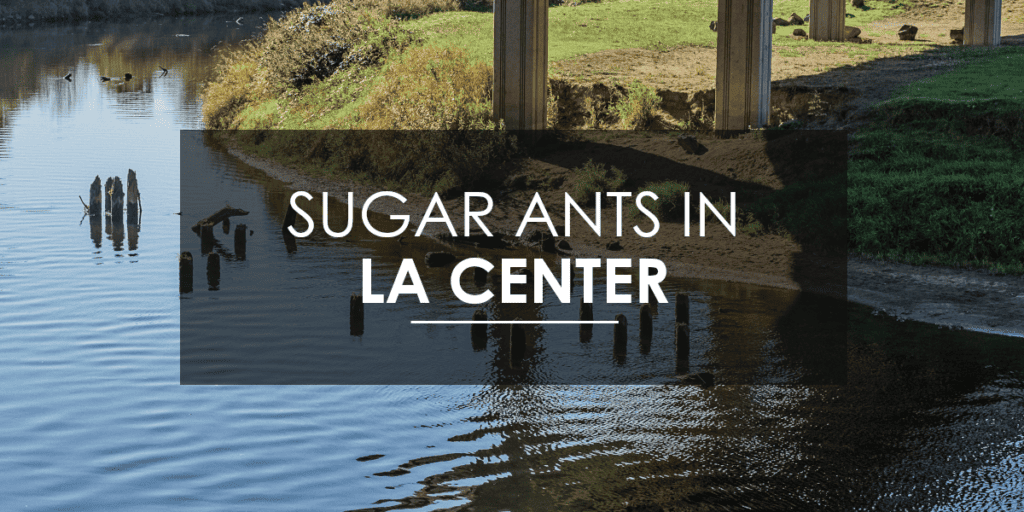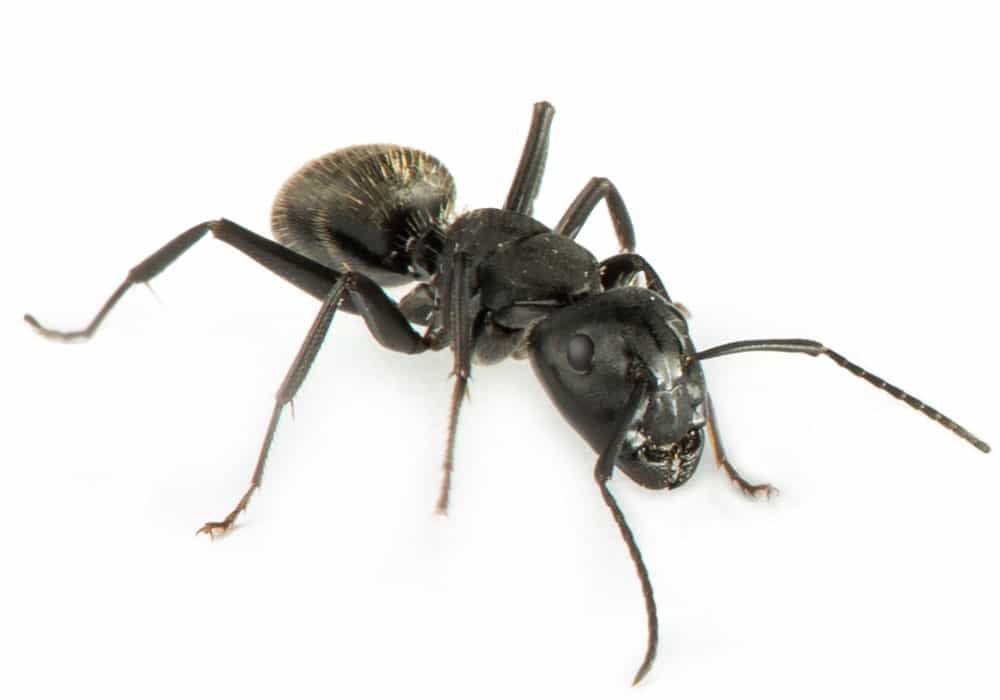Stinging insects. Typically, we’re doing our best to avoid them at all costs. However, once they’ve decided to set up shop around our homes, it’s all the more important to know what you’re dealing with — and how to deal with it — in order to keep your family and any potential visitors safe so you can get your life back to normal in a wasp-, yellow jacket-, and hornet-free way. These insects can be aggressive, their stings painful, and, for those who are allergic, can be potentially life-threatening in nature. Below you’ll find the essential “What/Why/Will/How” information related to these stinging insects, and how you can keep your home pest-free all year long.
What is the difference between a wasp, a hornet, and a yellowjacket?
Here’s the tricky part: wasps, hornets, and yellowjackets are all types of wasps.
Paper Wasps: The variety of wasps we are most used to in Vancouver, however, are known more specifically as “paper wasps.” Paper wasps get their name due to the paper-like appearance of their nests, which is derived from a combination of plant matter and the insect’s saliva. While this variety of insect does have its benefits — they’re light pollinators, for instance — paper wasps are still prone to stinging, remain active for the majority of the year, and may establish their nests in the same location, year-after-year, if proper treatment is not applied.
Hornets and Yellowjackets: There’s a tendency to conflate these two insects, when in actuality hornets and yellowjackets are quite distinct types of wasps in many ways. First is their size. Hornets tend to be larger in size, sometimes growing to as much as a full inch in length, whereas the yellowjacket is much smaller, typically not much larger than the average housefly.
Next, is their appearance. Both hornets and yellowjackets possess notable black markings on their bodies, but bald faced hornets, distinctively, have white markings in our area which yellowjackets do not possess.
Another distinguishing characteristic is what motivates them. In terms of what attracts them to areas where people congregate, yellowjackets are very much drawn to sugar, and are prone to making themselves welcome in soda cans or bottles, juice, and other sugary drinks and foods. Picnics, backyard barbecues, and other outdoor activities that feature food and beverages are the perfect attractors for yellowjackets, who’d love nothing more than to sink their mandibles into a slice of watermelon. Hornets, on the other hand, actually feed on other insects and do not attempt to insert themselves in your food and beverage the same way that yellowjackets do. This, of course, is nice, but in no way does that mean hornets won’t nest near or around your home, nor does it mean that their presence isn’t cause for concern.
Why do paper wasps, hornets, and yellowjackets make nests on or near my home?
One big reason is proximity: proximity to the sugary foods they crave, as well as, in the cases of paper wasps and hornets, proximity to a stable fixture that they can build their nests on, not to mention a steady supply of wood fibers that they use as a building material. As earlier referenced, paper wasps will mix these wood fibers with their saliva to create an almost papier-mâché-like material that is then regurgitated for the purpose of construction. Not exactly the most appetizing method, but a resourceful and efficient one. It’s not uncommon to see groups of yellowjackets and wasps foraging on wood fences for nest building materials.
While they are able to build these nests in a wide variety of different places, what is most important to the wasp is finding a place that is horizontal, sturdy, and, ideally, protected from the extremes of the weather. Due to their nest-building preferences, it’s most common to find their nests on eaves, in rafters, and under porch or patio overhangs. Additionally, they prefer to build these nests as close to a corner as they can, in order to best protect the nest and the queen.
Yellow jackets, on the other hand, nest on or near your property in an entirely different — though no less resourceful — manner. While they sometimes will build nests above you in high places, like paper wasps and hornets, yellowjackets are most commonly found nesting in abandoned rodent burrows underground. See flying insects moving in and out of the ground like clockwork? Odds are that they’re yellowjackets, and if that’s the case, beware!
Will paper wasps, hornets, or yellowjackets in Vancouver attack you?
Though hornets and paper wasps will be aggressive, this is most commonly a reaction to their feeling threatened and is a defensive act. Like many other stinging insects, the stings from paper wasps can cause red, swollen bumps that will create a feeling of irritation. Have allergies? Take the appropriate measures as directed by your physician, as, like with bee stings, stings from paper wasps can cause anaphylaxis, most commonly resulting in swelling, irritation, and can restrict one’s ability to breathe. If you don’t have diagnosed allergies, but are experiencing irritation or swelling, over the counter products like Benadryl or similar antihistamines are often effective remedies. Always consult a physician before ingesting or dispensing any medicine to yourself or a loved one. If you’ve experienced a sting from bee, wasp, yellowjacket, or hornet and you suspect an allergic reaction may be occuring, you should seek immediate medical attention.
Again, much unlike the behaviors of a paper wasp or a hornet, yellowjackets can be extremely aggressive in their behavior, and will attack people and other animals in the general proximity of their nests. We’ve actually witnessed a case where a group of children, playing in a group of pine trees during the summer time, jumped down from the trees and accidently disrupted an underground nest full of yellowjackets. Not only did the yellowjackets attack, but they also followed the children in order to make it perfectly clear that their presence was unwelcome — and they aggressively attacked anyone who came near the burrow. Professional help was needed to get rid of the nest, due to the overly aggressive and resilient nature of the yellow jackets. Luckily, the children were fine, but a lesson in safety was definitely learned. At Aspen Pest Control, we don’t want anyone to have such a harmful or scary experience. It’s our goal that folks enjoy their homes and neighborhoods all year long, and sometimes that requires extra attention to eradication those populated spaces from stinging insects.
How do you get rid of wasp, hornet, and yellowjacket nests in Vancouver?
First, it’s important to contact a professional as soon as possible after discovering a nest. Not only are these types of insects aggressive and harmful, but the areas in which they build their nests can be incredibly difficult to access without the right equipment. What’s more, if not removed properly, their removal can cause damage to your property.
To be clear, for your and your family’s safety, we DO NOT recommend you attempt removing paper wasp or hornet nests on your own — and we mean this doubly so when it comes to treating the underground nests of yellowjackets. Yes, there are DIY methods available at many home-building, gardening, and hardware stores, but at Aspen Pest Control, we have specialized equipment designed specifically for the removal of these stinging insects. Nest removal also comes as an added bonus of investing in pest extermination — we can treat most second story levels and beyond, and our results our guaranteed! We’ve found that you can expect total colony extermination in about 24 to 72 hours of treatment, regardless of how large the nest might be.
Please call Aspen Pest Control to get your no-pressure quote today! We’re proud to serve Vancouver, Southwest Washington, and greater Portland area for all of their pest control needs. Spring time is the perfect time to find out how we can help you make your home and yard pest-free for the rest of the season and beyond!







